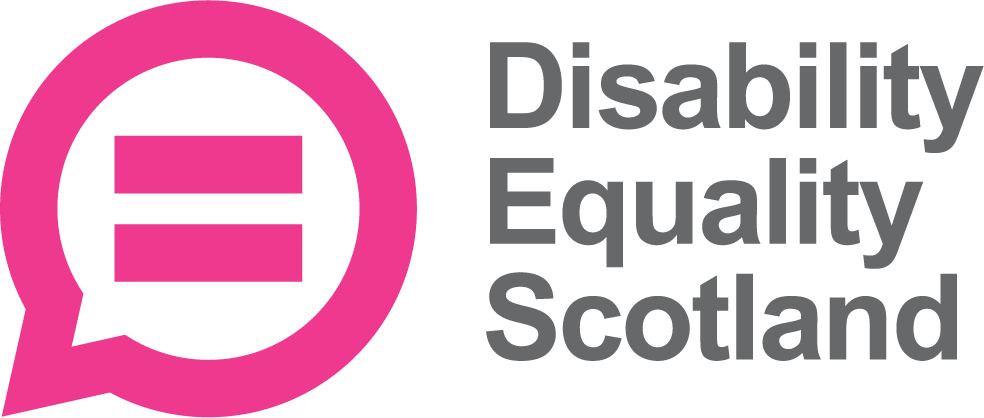Types of Membership
In SDEF there are four different types of membership. The main difference in membership is the entitlement to vote at an Annual General or Additional General Meeting. The different types of membership are:
- Full Member
- Associate Member
- Individual Member
- Access Panel Member
Full Members
Full Members are eligible bodies whose membership comprises at least a majority of people who have a disability and have, or are working toward, majority representation of people with disabilities. Full members may vote on all matters at general meetings, excluding any matter that the Convener of the meeting rules is solely an Access Panel matter.
Individual Members
Individual Members are individual people who choose to be members of SDEF who support the aims and objectives of the organisation. Individual members are not eligible to vote on any matter at general meetings. Persons must be aged 18 or over.
Associate Members
Associate Members are eligible organisations with less than a majority of its members having a disability but which supports the aims and objectives of SDEF. Associate members are not eligible to vote on any matter at general meetings.
Access Panel Members
Access Panels have their own category of membership because SDEF is the umbrella organisation for all Access Panels in Scotland. Access Panels are ‘full members’. They can also have an additional vote at General meetings because some of the Access Panel Directors are also SDEF Board Members. Three of the eight SDEF Board members are also Access Panel Directors.
Only Access Panels can vote for their own Access Panel Directors when nominations are due. Only Access Panels may vote on any matter which the Convener of the meeting rules is a matter exclusively for Access Panels.
Access Panels are also allowed to vote for the Directors of SDEF, who are not Access Panel Directors when nominations become due, and all other General meeting matters.
Access Panel Membership
The membership of Access Panels is a matter which is solely the responsibility of each individual panel. However, the membership criteria for all Access Panels must be detailed in the panel’s constitution, which is the ‘Governing Document’ of the panel.
Access Panels can decide from its membership, at a General Meeting, if they want to charge for membership to the panel, or not. When a charge for membership is made it is often regarded as a barrier to increasing and developing the membership of the panel.
Most Access Panels will have three types of membership:
Individual Members – individuals who have a disability, are Carers or people who have been affected by disability or/and have an interest in equality for Disabled People.
Organisational Members – members who serve on the Access Panel as representatives of another organisation. That organisation may be a disability organisation or are interested in achieving improved equality for Disabled People in the area of Scotland that the Access Panel represents.
Ex Officio Members – members of an Access Panel who would usually be representing another organisation that is a Public Body, such as, a Local Council, NHS, Elected Members, Architects, etc or may have a conflict of interest if voting on a panel matter. Ex Officio Members can also be individuals who the Access Panel have asked to carry out specific paid pieces of work for the Panel or anyone who would have a possible conflict of interest if taking part in any vote on the panel. Ex Officio members have no voting rights on the Access Panel because they may have a potential conflict of interest in any vote that may take place.
The constant need to increase membership on an Access Panel and the need to increase the knowledge of panel members through training and development is paramount for the Sustainability of all Access Panels.
